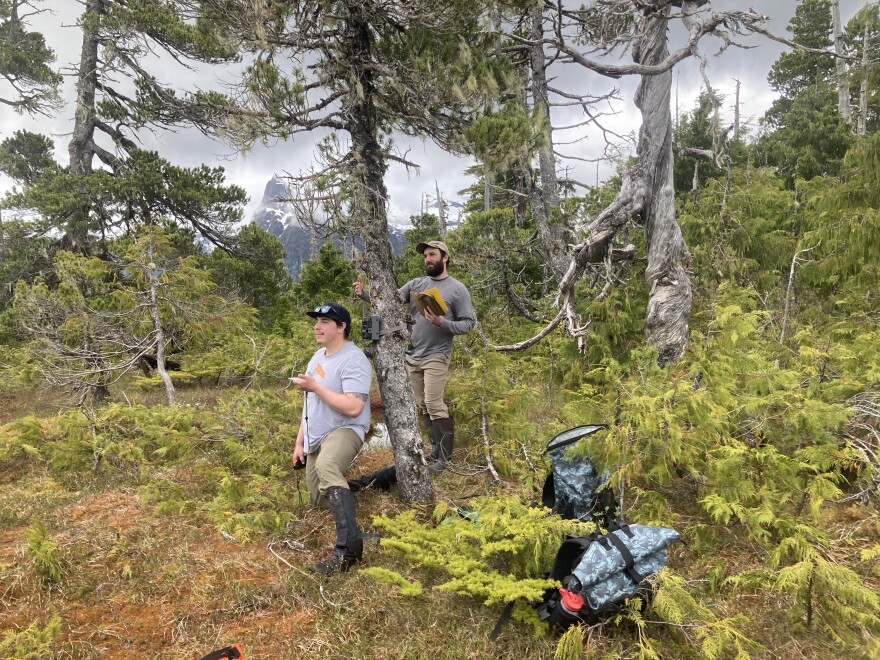Most states have what's called a cooperative fish and wildlife research unit. Their purpose is to help state wildlife managers answer big conservation questions. Alaska's co-op research unit asks questions like: How do we maintain the dwindling Fortymile Caribou Herd? Or, how do we get rid of the invasive northern pike that are chowing down on juvenile salmon?
Kevin Fraley is on the board of directors for the Alaska chapter of Backcountry Hunters and Anglers. He worked with the cooperative program when he was a student at the University of Alaska Fairbanks, where the state's research unit is housed. Fraley says it produces a lot of useful data about the animals that regular folks care about.
"Usually something that's really useful for, like, moose or salmon," he said. "Species that are so important for Alaskans, for hunting, for livelihood, for subsistence and all that."
But Trump's proposed budget for 2026 calls for the complete elimination of the funding that supports the unit. The potential loss of the program — on top of cuts to other sources of federal grant funding for research — has many of the Alaska cooperative unit's students and partners feeling unsteady.
Training up Alaska-tested Fish and Game biologists
The program was created by federal law almost a century ago, with help from famed conservationist Aldo Leopold. It's a collaboration between state, university, and federal biologists to build up wildlife data to support fish and game management.
Chris Krenz, a wildlife scientist with the Alaska Department of Fish and Game, says Alaska's unit, which started in 1991, has been instrumental in the state's wildlife management over the years.
"The unit has done a tremendous amount of research that has been very informative to wildlife management in Alaska," he said. "The unit has helped us understand the importance of both habitat and predators in regulating game populations, for example."

The unit also serves as a training ground for many of the state's current and future wildlife biologists. According to UAF, about half of the graduate students who studied in its research co-op unit in the last decade have gone on to work in fish and wildlife management in Alaska.
Krenz said the unit is a key workforce pipeline for Fish and Game.
"These are people that have come and spent time in Alaska, really gotten to know Alaska by doing their research and studies here in Alaska," Krenz said. "So, we have a stronger sense that these folks will come to the job knowing what they're getting themselves into."
A lifeline for students
Diane O'Brien is the director of UAF's Institute of Arctic Biology, and she works closely with the co-op unit. She says the program is also a lifeline for her students, who are mentored by the scientists involved with the program. She fears the worst if it goes away.
"I think there would be many fewer students that could be supported in their pursuit of masters and PhDs in wildlife biology and fisheries," she said.

Derek Arnold is among them. He's a postdoctoral researcher studying Alexander Archipelago wolf populations in Southeast Alaska. He says the state's hiring freeze is discouraging his peers from staying in Alaska.
"I feel like currently, people are just sort of in a bit of a stasis," he said. "There would be, I think, a huge loss to not only the wildlife field as a whole, but also to every university that has one."
As for himself, Arnold says the co-op unit is one of the main reasons he came to Alaska from the Lower 48. But he says he's not sure how long he'll be able to stick around if the program folds.


